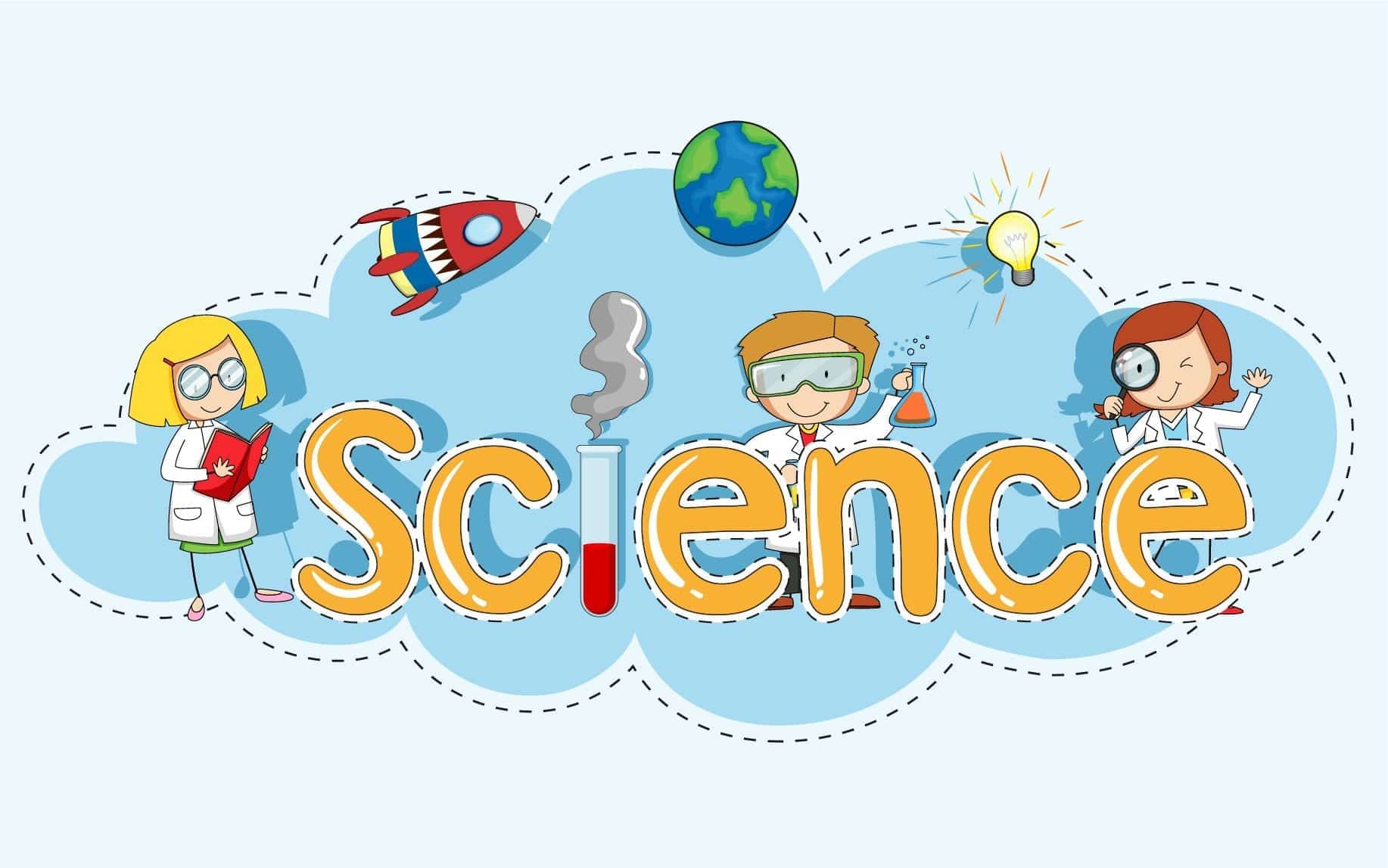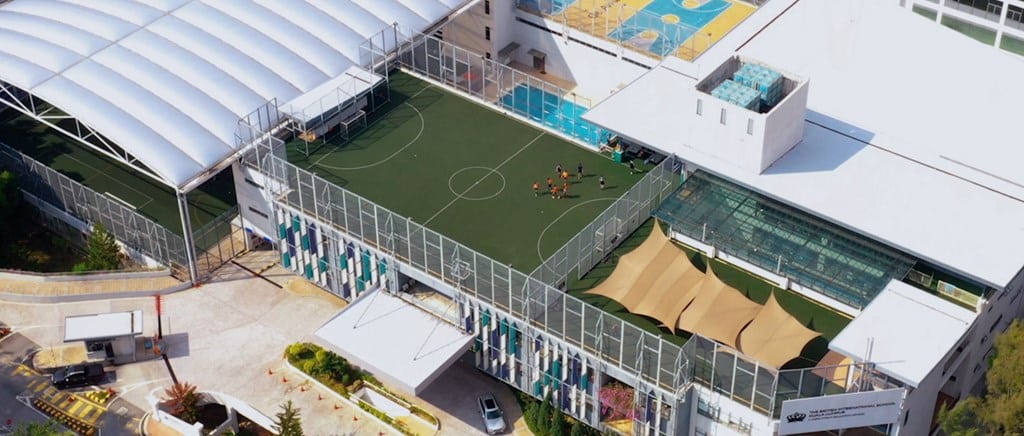Many students find science to be the second most intimidating subject after math. The difficulty of science varies depending on the subject. It is critical that students gain a deeper understanding of scientific concepts. In fact, without proper guidance, the process may take longer. Real-world applications of formulas, theorems, and laws are common in science and math. Science courses contain a lot of problem-solving material.

How can students succeed in science class? Here are some of the best science study tips for students:
ESSENTIAL SCIENCE STUDY TIPS
#1. Do the assigned readings before each science class.
This allows them to ask specific questions to their teacher. Ultimately, pre-reading clarifies any ambiguity in the text. Reading a text before class can help explain any differences between text and lecture presentation of a topic. Be sure to check out:
- Summary of first chapter
- End-of-chapter issues and questions
Learning requires preparation. It helps students focus and plan for success. After each science class, students should ask their teacher about the next chapter’s topic. This can help students relax and get a head start on their reading.
# 2. Actively Participate In Science Lessons
Completing assigned readings ahead of time allows students to prepare questions. Some students may tune out of a science lesson to study for a test or presentation. Students must not do this. Active student participation Engaging students in the learning process. As well as applying knowledge and asking questions. There is no better time to learn than now, in class.
In class, students should ask questions to stay focused. This will help them remember information and actively take notes.

# 3. Develop Math Skills
Science relies on problem solving and math equations. Students will collect numbers from experiments. But they may be unsure what to do with the data. Mathematics and science are intertwined in many ways. Science and math interlock. Scientists use math every day. Math can also help students understand the natural world. It also contributes to new discoveries and is based on facts. If your student is required to take a math prerequisite for a science class, they should not refuse. Advanced science courses in high school require a solid grasp of algebra.
# 4. Study The Metric System
Science prefers the metric system for scientific notation. Most countries use the system. Because metric units are decimal-based, each decimal point is moved to convert. It is much simpler than the English system. Begin by explaining the metric system. You can do this while driving or at the grocery store by converting litres to gallons. The metric system is an international standard that allows scientists to communicate easily.
Students of all ages and skill levels can benefit from science tutoring provided by Tiger Campus. Science can be a complicated, information-dense subject that makes extensive use of mathematical formulas and equations. Finally, having some extra help and guidance can help students cope with the stress and anxiety that comes with science classes and allow them to enjoy science class more.








